Search

At The Kids Research Institute Australia our researchers are searching for answers to improve the health and wellbeing of children and families.
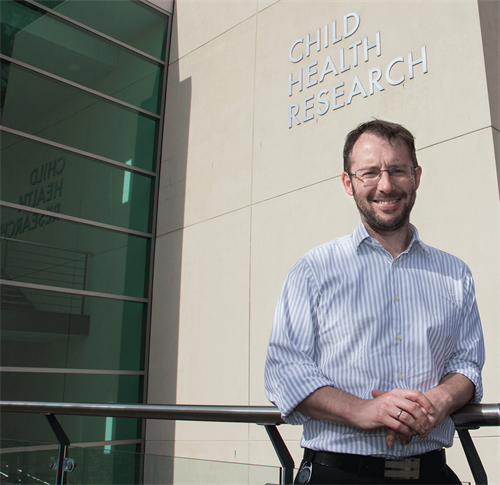
News & Events
Whooping cough vaccine could be a new weapon in the fight against food allergiesResearchers from The Kids Research Institute Australia and Curtin University will use a $3.9 million grant from the National Health and Medical Research Council to investigate whether a type of whooping cough vaccine could provide bonus protection against food allergies and eczema.
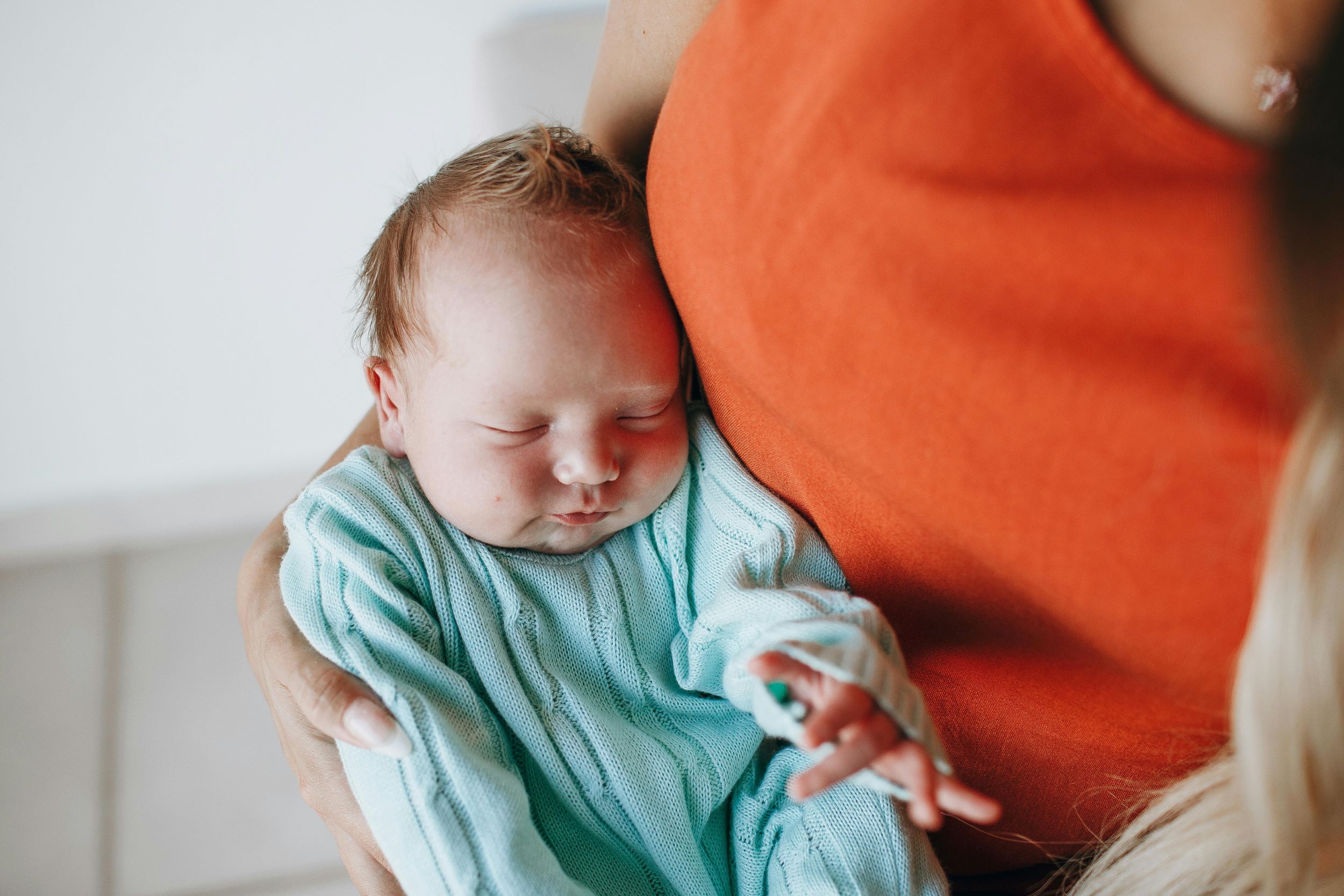
This study explores the role of infant sleep in early childhood development.
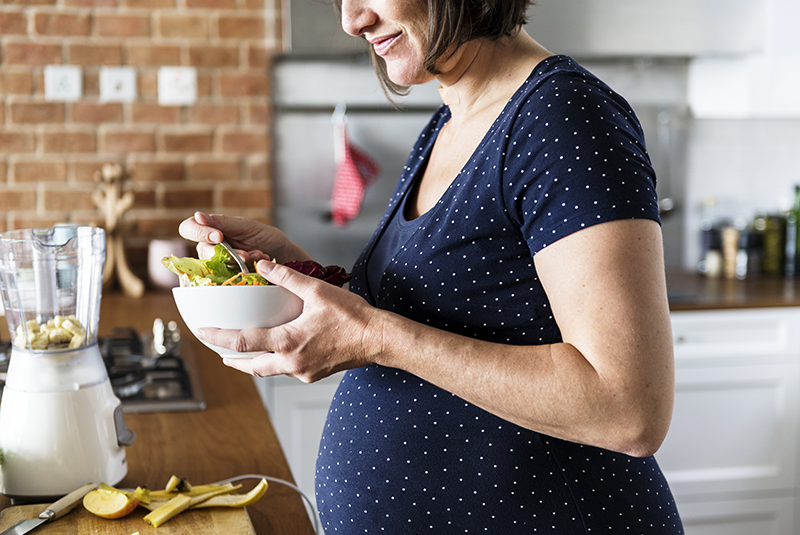
News & Events
Food and nutrition in pregnancyA healthy and balanced diet is important if you’re pregnant or planning a pregnancy.
Kaal is a proud Noongar boy, he loves playing football, but this season Kaal is about to tackle a new and unexpected challenge… eczema.
Research
Skin InfectionsOur skin, the body’s largest organ, protects us and maintains overall health. Untreated recurring skin infections like impetigo and scabies severely impact children. The Kids is at the forefront of combatting skin infections, particularly within remote Aboriginal communities experiencing some of the world’s highest rates.
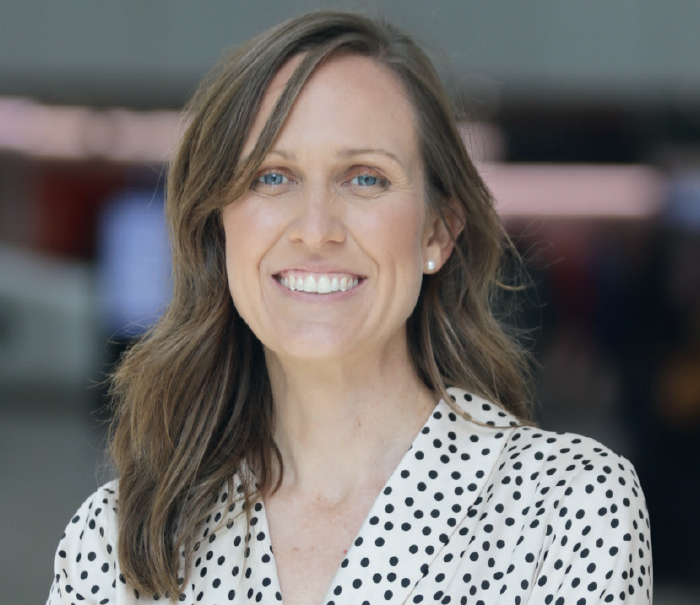
News & Events
The Kids skin researcher awarded prestigious L’Oréal-UNESCO Women in Science fellowshipDr Asha Bowen, Head of Skin Health at the Wesfarmers Centre of Vaccines and Infectious Diseases, has been awarded a 2018 Fellowship as part of the prestigious L’Oréal-UNESCO Women in Science program.
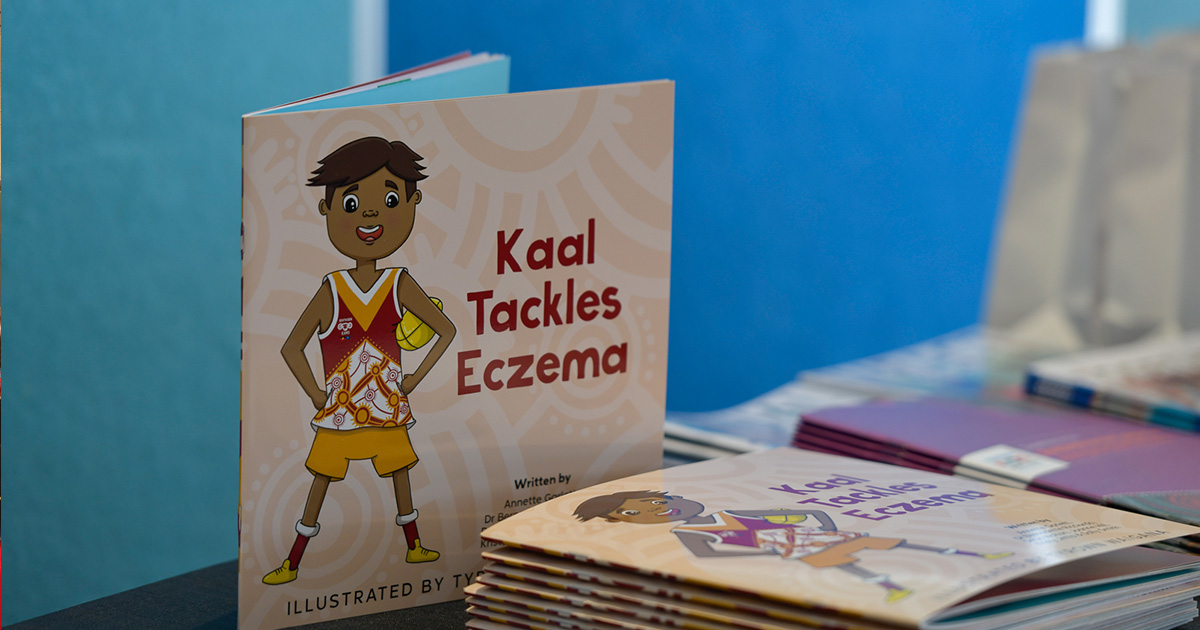
Through co-design with community members, we hope to better understand the strengths and effectiveness of community-driven health promotion resources.
MenABCWY QUINTET Study Meningococcal disease is a rare but serious disease that can result in death if not recognised and treated quickly. There are
Research
Moorditj Marp (Strong Skin) Evaluation and development of culturally relevant healthy skin storybooksCo-designed and in collaboration with community members, the impacts of this project will directly benefit families by building awareness, empowering decision-making, and improving confidence around the recognition and management of skin conditions for Aboriginal children.
